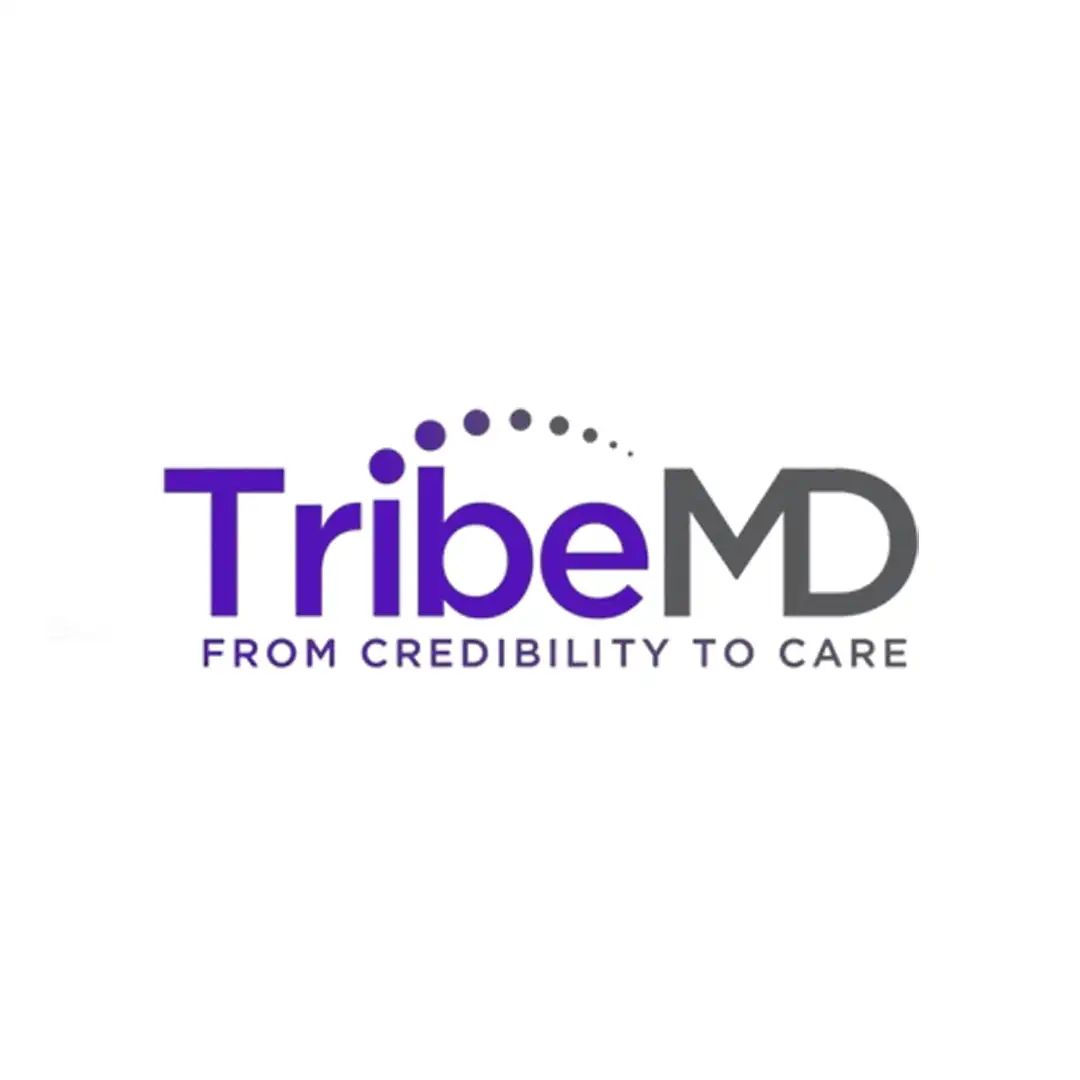DECAF: Caffeinated Coffee Consumption After Cardioversion Reduces Atrial Fibrillation Recurrence
The DECAF randomized clinical trial evaluated the impact of daily caffeinated coffee consumption versus complete abstinence from coffee and caffeine for six months in patients with atrial fibrillation.

Atrial fibrillation is the most common sustained arrhythmia, associated with significant morbidity, and recurrence after cardioversion remains a clinical challenge, highlighting the importance of lifestyle interventions. The traditional belief that coffee is proarrhythmic motivated the DECAF study, a prospective, open-label, multicenter, randomized trial that included 200 adults with persistent AF or atrial flutter with a history of AF who had undergone successful electrical cardioversion. Participants were randomized to either caffeinated coffee consumption or complete abstinence from coffee and other caffeine-containing products for six months, with follow-up visits at 1, 3, and 6 months to reinforce adherence and verify recurrence confirmed by 12-lead ECGs, wearable or implantable devices. The primary analysis was conducted on an intention-to-treat basis and adjusted by study center.
During follow-up, a clear separation in exposure was observed: coffee intake remained at seven cups per week in the consumption group and between zero and two cups per week in the abstinence group. At six months, AF or flutter recurrence was significantly lower in the coffee group, 47% versus 64%, representing a 39% reduction in recurrence risk (HR 0.61; 95% CI 0.42–0.89; P = .01). Similar results were observed for AF recurrence alone (HR 0.62; 95% CI 0.43–0.91; P = .01), with no significant differences in adverse events between groups. There was also a trend toward fewer AF- or flutter-related hospitalizations in the coffee group. Sensitivity analyses confirmed the robustness of these findings, which were consistent across most subgroups, except among patients with a history of ablation, where heterogeneity was noted.
These results challenge the long-standing empirical recommendation to avoid coffee in all patients with atrial fibrillation and suggest that maintaining moderate caffeinated coffee intake—approximately one cup per day—may be safe and even beneficial after cardioversion, as long as it is well tolerated and aligned with patient preference. The decision should be individualized, avoiding extrapolation to high caffeine doses or energy drinks, while maintaining focus on proven strategies for risk reduction such as regular physical activity, weight control, and alcohol moderation.
Editorial note: This content was developed with the support of artificial intelligence technologies to optimize writing and information structuring. All material was carefully reviewed, validated, and complemented by human experts prior to publication, ensuring scientific accuracy and compliance with editorial best practices.
References:
- Wong CX, Cheung CC, Montenegro G, et al. Caffeinated Coffee Consumption or Abstinence to Reduce Atrial Fibrillation: The DECAF Randomized Clinical Trial. JAMA. Published online 2025 Nov 9. doi:10.1001/jama.2025.21056.
Highlights
Medical Affairs
Trastuzumab deruxtecan (T-DXd) Provides Significant Clinical Benefit Over Trastuzumab emtansine (T-DM1), Marking a Potential Shift in the Therapeutic Standard for HER2+ Breast Cancer

TribeMD
SnackableHealth™ | From Intervention to Prevention: How Secondary Prevention Clinics Are Redefining Post-ACS Care

Medical Affairs
META-AF: Metformin as an Adjunctive Therapy to Catheter Ablation of Atrial Fibrillation

Medical Affairs
Trastuzumab deruxtecan (T-DXd) Provides Significant Clinical Benefit Over Trastuzumab emtansine (T-DM1), Marking a Potential Shift in the Therapeutic Standard for HER2+ Breast Cancer

TribeMD
SnackableHealth™ | From Intervention to Prevention: How Secondary Prevention Clinics Are Redefining Post-ACS Care

Medical Affairs
META-AF: Metformin as an Adjunctive Therapy to Catheter Ablation of Atrial Fibrillation


